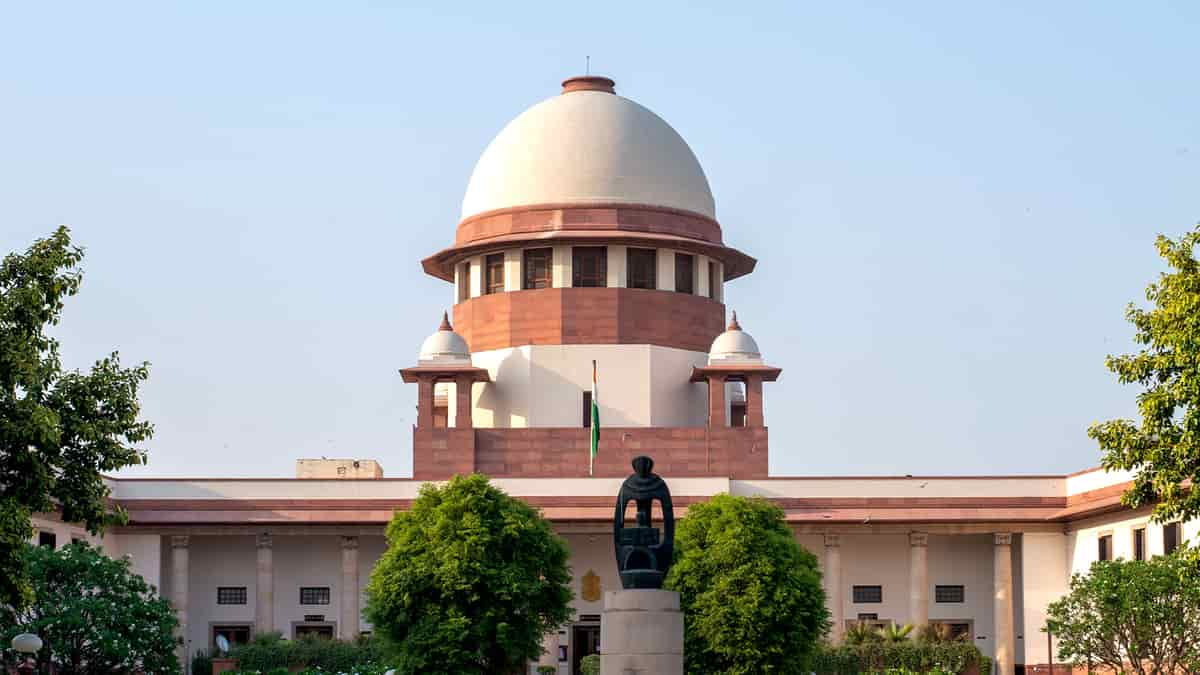The Supreme Court has laid down a framework for the portrayal of people with disabilities in visual media, reports Bar and Bench.
A bench comprising Chief Justice of India DY Chandrachud and Justice JB Pardiwala was hearing a petition by disability rights activist Nipun Malhotra against derogatory remarks made against people with disabilities in the Sony Pictures India film “Aankh Micholi.”
To prevent widespread discrimination, the court instructed to avoid using words that lead to systemic discrimination and negative self-image, such as “disabled,” to avoid language that ignores the social barriers faced by people with disabilities, and to ensure that creators verify sufficient medical information about disabilities such as night blindness.
The court said that such portrayals should not be based on myths and stereotypes such as that people with disabilities have superior sensory abilities, as these are not universally applicable, and that decisions should be taken with an awareness of uniform participation, following the principle of “nothing can be said about us without us”.
“Disability jokes have been made in the past to provide laughs. This understanding is outdated in the new social model. This lack of familiarity arises because of the lack of adequate representation of disability in mainstream discourse. A distinction needs to be made between disability jokes that help people understand disability and those that belittle disabled people,” the court said.
The Court also referred to the Convention on the Rights of Persons with Disabilities, as well as training and awareness-raising programmes, which were developed in consultation with disability rights organisations, and which included measures to ensure accurate portrayals.
The Supreme Court had in March sought action from the central government.
The Delhi High Court had dismissed Malhotra’s plea, saying there should be no excessive censorship and that India was one of the few countries that already had censorship laws in place.
Senior advocate Sanjoy Ghose appeared for Malhotra along with advocates Jai Anant Dehadrai and Pulkit Agarwal. Solicitor General Tushar Mehta appeared for the Central Board of Film Certification.
Senior advocates Parag Tripathi and Ritin Rai, Nishith Desai Associates’ lawyers Gowri Gokhale, Alipak Banerjee, Tanisha Khanna and Karishma Karthik and lawyer on record Salvador Santosh Rebelo appeared for the film’s production company, Sony Pictures India.
There’s a new Sena project looking into cheating in NEET – donate now and help us tell these stories.

